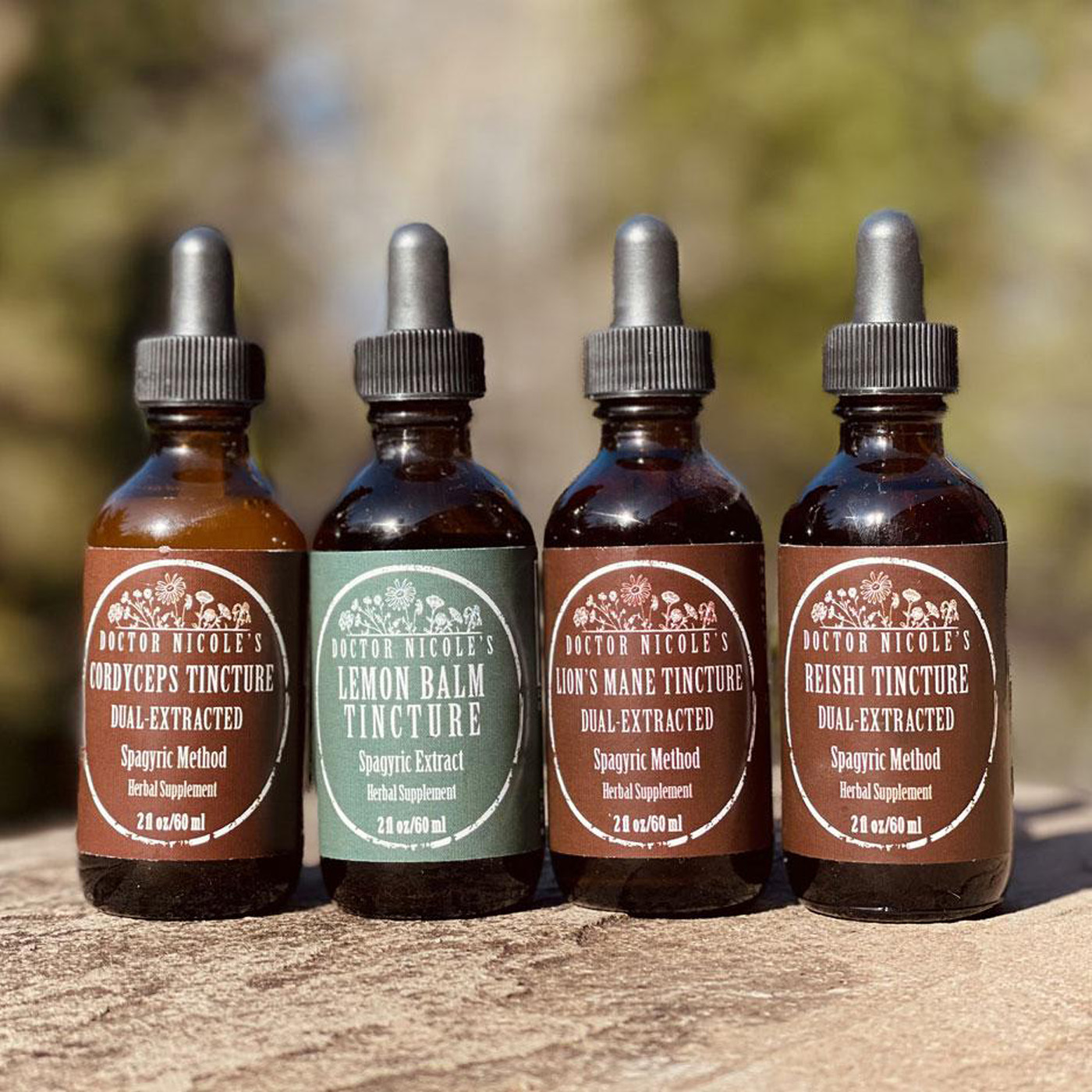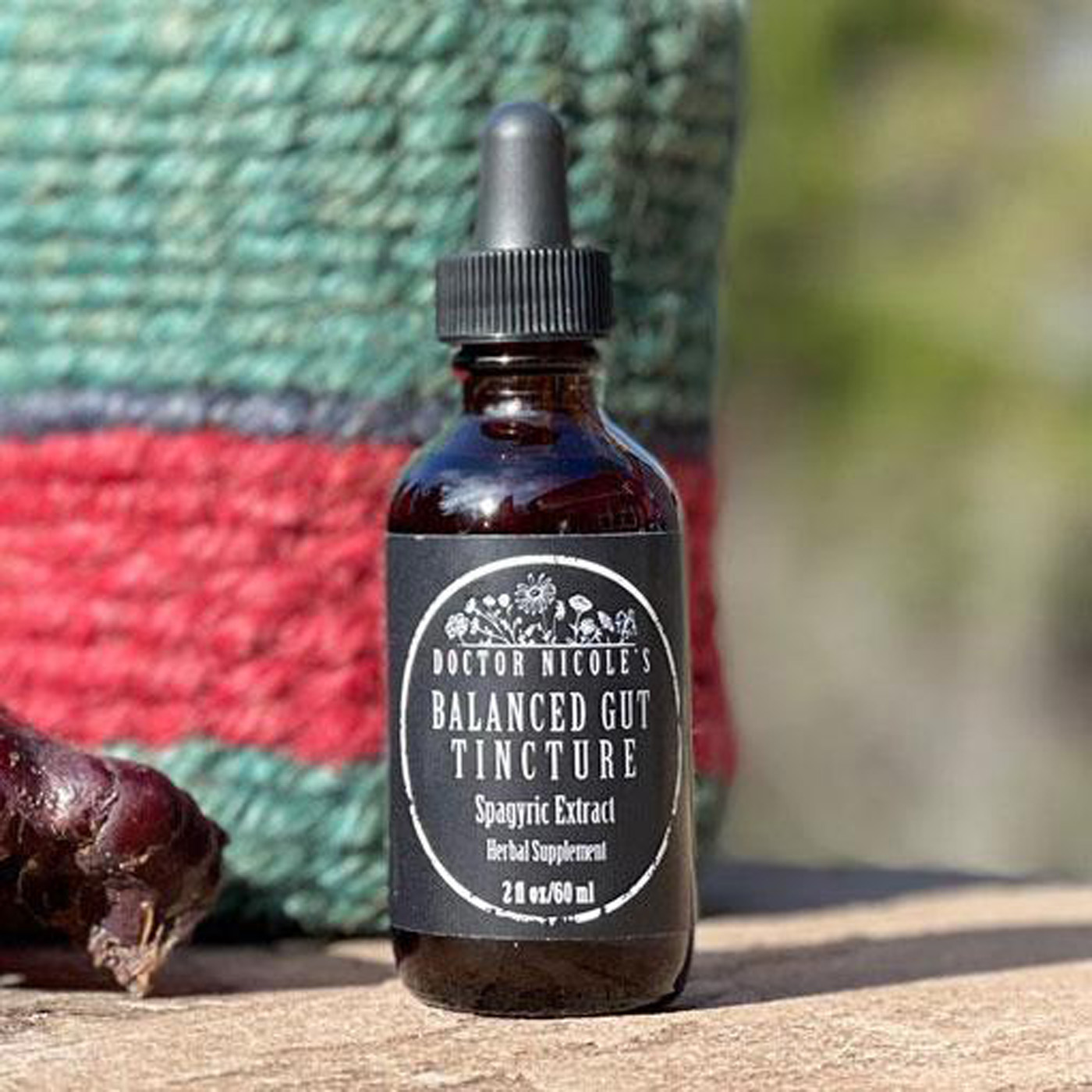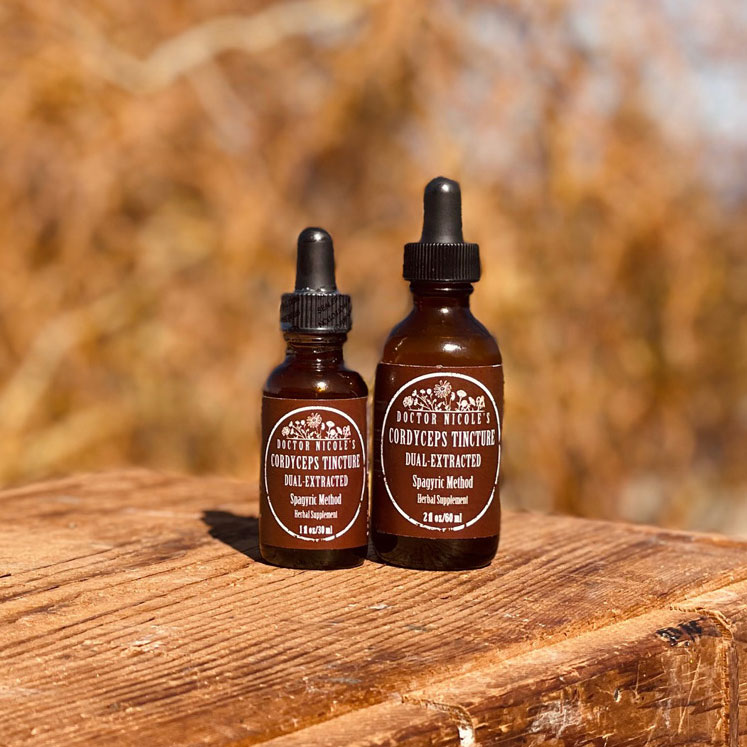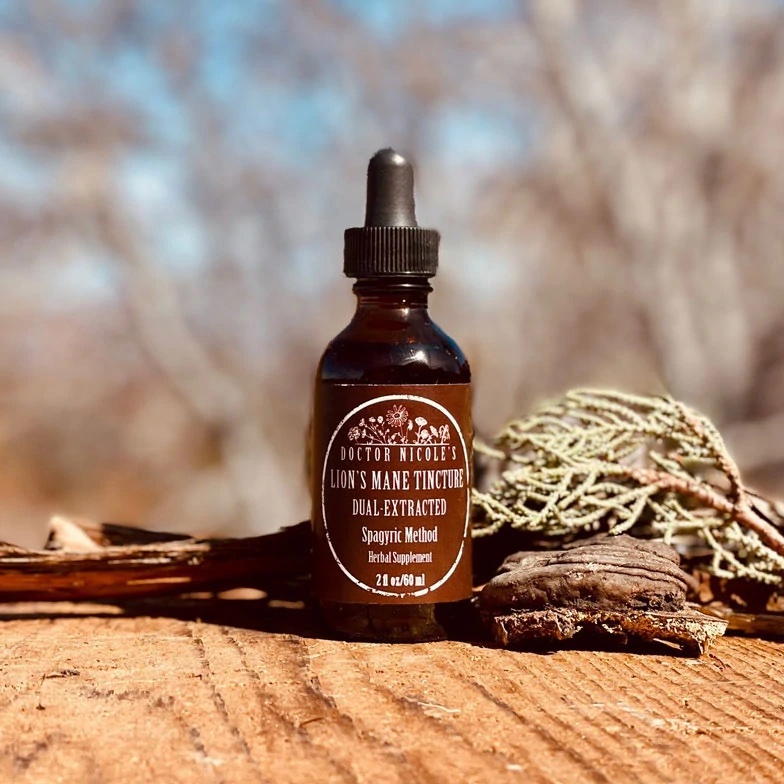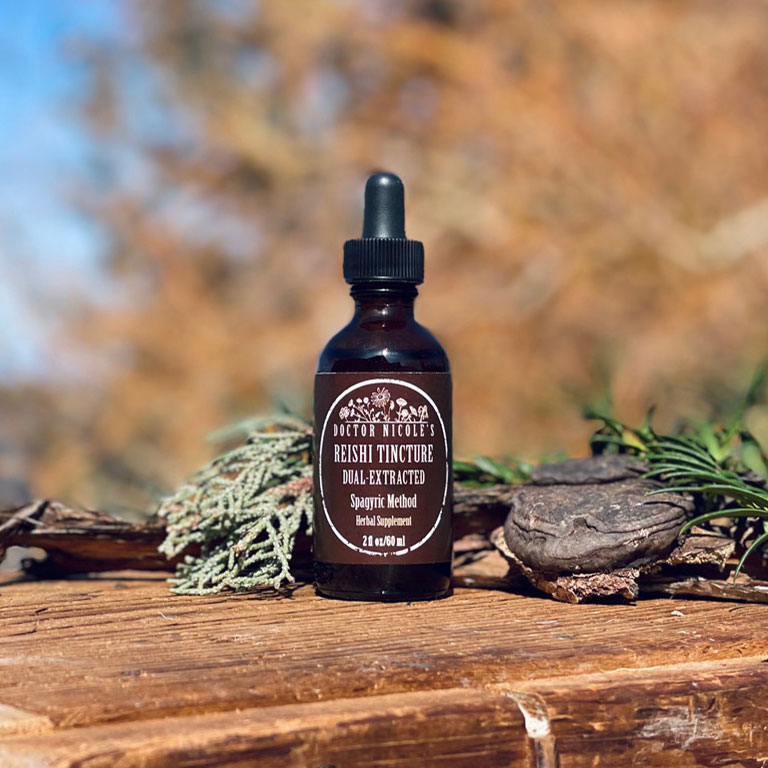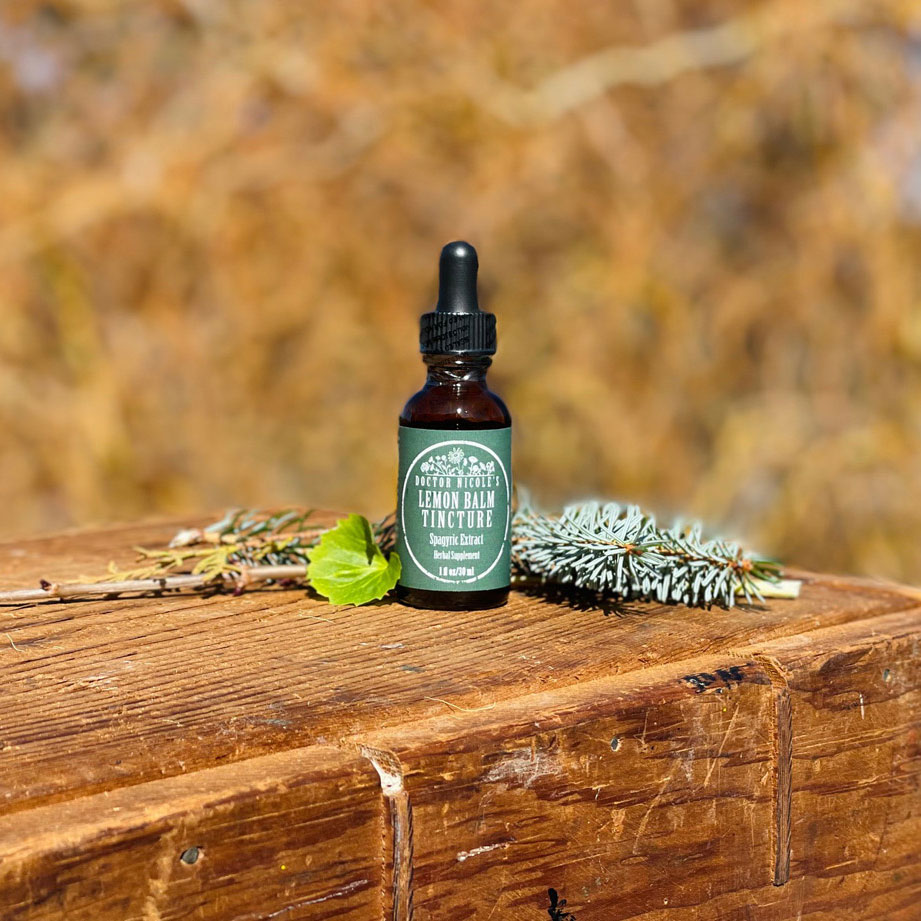The Impact of Naturally Occurring Lithium
Lithium is normally associated as a medication used to treat bipolar disorder, severe anxiety, and major depressive disorder. But researchers have begun to explore micro-dosing lithium (10mg/day or less) to help address cognitive issues and protect the brain, while avoiding the side-effects of lithium toxicity at higher dosages. Applications of these micro-amounts may be helpful for ADHD, autism, dementia, and mood/anger issues. Interestingly, areas with naturally occurring lithium in their water supply have been shown to have lower crime, depression, and suicide rates. With the widespread use of bottled water and home purification systems beginning in the 1980s, some researchers and physicians believe the increasing rate of autism and mood/cognitive disorders may be linked to low lithium intake. Let’s have a look at what the science has to say.
Crime and Mood Disorders
A 2020 study published in the British Journal of Psychiatry examined whether or not trace levels of lithium in drinking water have an anti-suicidal effect. The team reviewed research collected from around the world and found that geographical areas with relatively high concentrations of naturally occurring lithium had lower suicide rates.
“It is promising that higher levels of trace lithium in drinking water may exert an anti-suicidal effect and have the potential to improve community mental health”, said Professor Anjum Memon, Chair in Epidemiology and Public Health Medicine at BSMS and lead author of the study.
Moreover, lithium is known to help reduce impulsivity and aggression, leading to less crime. A recent study in the journal BJPsych Open discovered that lithium in drinking water reduces the rate of violent crime. The researchers reviewed lithium levels in the drinking water of 274 municipals and concluded, “Our findings suggest that even very low levels of lithium in drinking water may play a role in reducing crime rates in the general population.”2

Autism, ADHD, and Alzheimer’s
Researchers have now begun to look at how lithium may help to ease the symptoms of autism, ADHD, and cognitive disorders such as dementia and Alzheimer’s. A 2022 study looked at the effectiveness of lithium sulfate in reducing the symptoms of Alzheimer’s disease and Autism Spectrum Disorder (ASD). The team found that lithium sulfate has “good pharmacological potential for treatment of neurodegenerative disorders such as AD and ASD.” Another study found that lithium reduced the symptoms of Alzheimer’s by protecting against neuronal damage from glutamate toxicity.8 An excess of glutamate in the brain is linked to autism, ADHD, multiple sclerosis, migraines, and more. See this post for additional information about this little-known, yet significant excitatory neurotransmitter.
Another study examined the efficiency of lithium carbonate for stabilizing moods in adolescents and adults with autism spectrum disorder. They found that 73.7% of the participants experienced improvement, especially those who had a ADHD phenotype. The team believes lithium is an “efficacious and well tolerated alternative to various neuroleptics and other psychotropic medications for use as a mood stabilizer for patients with ASD.”4
With ADHD a group of researchers found that lithium reduced irritability, antisocial behavior, anxiety, depression, and aggressive outbursts. Levels of verbal learning and sustained attention improved as well.5 One fascinating study published in the Journal of Child and Adolescent Pharmacology documented an 8-year-old girl with ADHD, disruptive behavior disorder, and mood disorder. After exhausting all available medications without improvement, her doctor prescribed lithium. The results were profound.
The girl went from “yelling, screaming, throwing things, hitting, biting and destroying property,” as well as “a very low frustration tolerance, and demonstrated hyperactivity, impulsivity and inattentiveness” to a remarkable improvement of symptoms where “her inattention, hyperactivity, and restlessness attenuated. Furthermore, her parents reported that her irritability was reduced by ‘60-70%.’ Sleep initiation improved, and she was able to sleep uninterrupted 6 – 7 hours every night. Improvement in her academic performance was noted, as concentration improved and hyperactivity decreased. Mood regulation was significantly improved as well.”6
Safety
Excessive intake of lithium (beyond the prescribed 900-1200mg) can cause serious side-effects, such as seizures, slurred speech, kidney failure, coma, agitation, low blood pressure, and more. It is crucial that you work with a knowledgeable physician so that the appropriate level of lithium can be monitored through regular blood tests. While the micro-dosing discussed in this post is less than 10 mg/day and doesn’t pose a risk of toxicity for most, it is always best to consult with your healthcare practitioner before use.
Herbal Solutions
If you would like to improve cognitive health with safe and effective herbal remedies, several formulations can help.
While it may come as a surprise, the health of your gut significantly impacts neurotransmitter production and inflammation — both of which play an important role in cognitive health. This is one of the reasons I developed my Balanced Gut Blend. It contains anti-inflammatory and soothing herbs that help to repair the intestinal tract and restore healthy gut function.
Next is lion’s mane. This powerful medicinal mushroom calms anxiety and helps to relieve the depression that often accompanies autism and ADHD. What’s more, it supports focus and overall brain health. Additionally, animal studies of lion’s mane have shown that it reduces symptoms of memory loss and prevents the neuronal damage of Alzheimer’s.7,8
Both cordyceps and reishi mushrooms are neuroprotective and have strong antidepressant properties. They are known to encourage improved focus as well. Lemon balm is an outstanding botanical for autism and ADHD as it calms the nervous system, promotes better sleep, and improves intellectual performance and mood. It also can help relieve mild depression and boost mental alertness as well as clarity of mind.
Lion’s mane, cordyceps, reishi, and lemon balm can be found in my convenient Brain Bundle. Interested in learning more? Visit the apothecary today!
Nicole Apelian
Nicole’s Apothecary Products in this Post
References
- University of Sussex. (2020, July 27). Lithium in drinking water linked with lower suicide rates. ScienceDaily. Retrieved November 2, 2022 from www.sciencedaily.com/releases/2020/07/200727145824.htm
- Kohno, K., Ishii, N., Hirakawa, H., & Terao, T. (2020). Lithium in drinking water and crime rates in Japan: cross-sectional study. BJPsych open, 6(6), e122. https://doi.org/10.1192/bjo.2020.63
- Hu, W., Zhao, M., Lian, J., Li, D., Wen, J., & Tan, J. (2022). Lithium Cholesterol Sulfate: A Novel and Potential Drug for Treating Alzheimer’s Disease and Autism Spectrum Disorder. CNS & neurological disorders drug targets, 10.2174/1871527321666220825114236. Advance online publication. https://doi.org/10.2174/1871527321666220825114236
- Mintz, M., & Hollenberg, E. (2019). Revisiting Lithium: Utility for Behavioral Stabilization in Adolescents and Adults with Autism Spectrum Disorder. Psychopharmacology bulletin, 49(2), 28–40.
- Dorrego, M. F., Canevaro, L., Kuzis, G., Sabe, L., & Starkstein, S. E. (2002). A randomized, double-blind, crossover study of methylphenidate and lithium in adults with attention-deficit/hyperactivity disorder: preliminary findings. The Journal of neuropsychiatry and clinical neurosciences, 14(3), 289–295. https://doi.org/10.1176/jnp.14.3.289
- Deepmala, & Coffey, B. (2014). Challenges in psychopharmacological management of a young child with multiple comorbid disorders, history of trauma, and early-onset mood disorder: the role of lithium. Journal of child and adolescent psychopharmacology, 24(9), 519–524. https://doi.org/10.1089/cap.2014.2492
- Mori, K., Obara, Y., Moriya, T., Inatomi, S., & Nakahata, N. (2011). Effects of Hericium erinaceus on amyloid β(25-35) peptide-induced learning and memory deficits in mice. Biomedical research (Tokyo, Japan), 32(1), 67–72. https://doi.org/10.2220/biomedres.32.67
- Zhang, J., An, S., Hu, W., Teng, M., Wang, X., Qu, Y., Liu, Y., Yuan, Y., & Wang, D. (2016). The Neuroprotective Properties of Hericium erinaceus in Glutamate-Damaged Differentiated PC12 Cells and an Alzheimer’s Disease Mouse Model. International journal of molecular sciences, 17(11), 1810. https://doi.org/10.3390/ijms17111810



